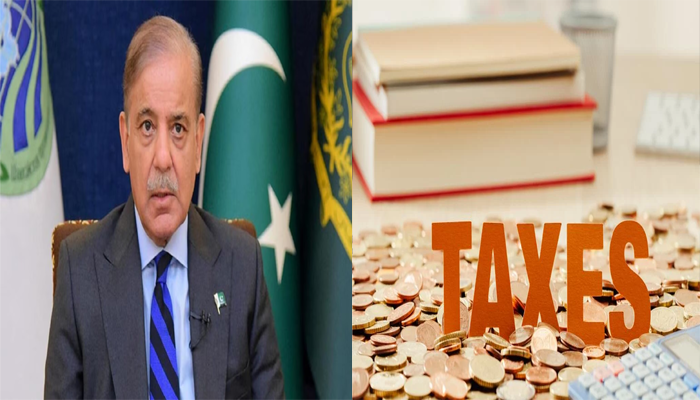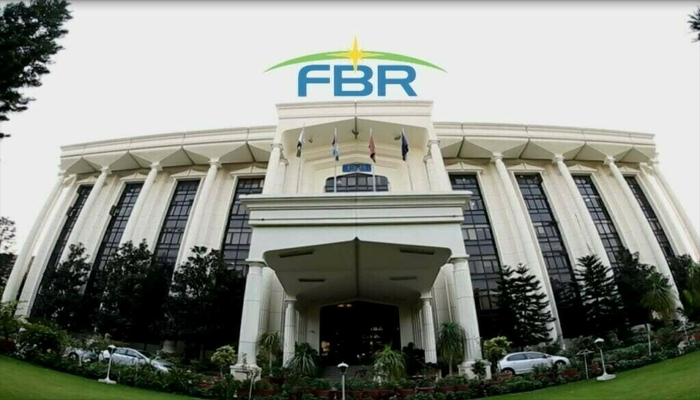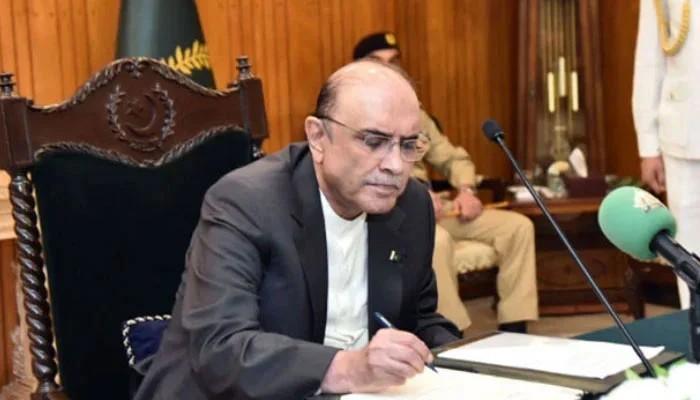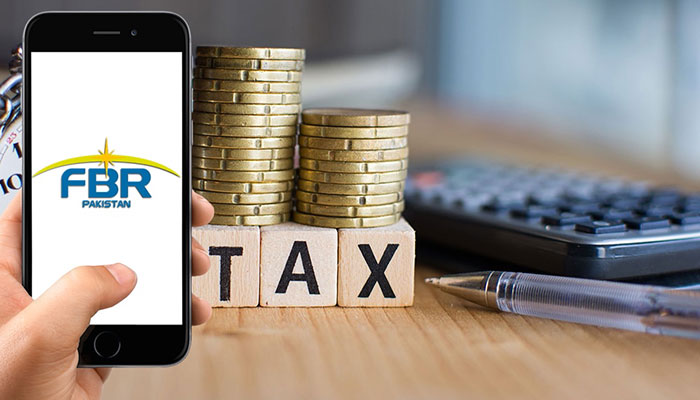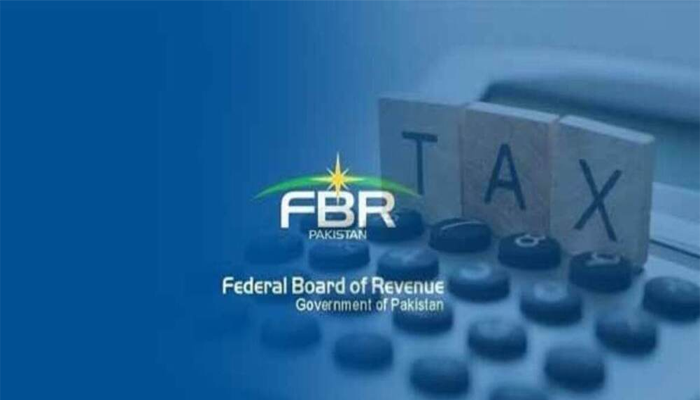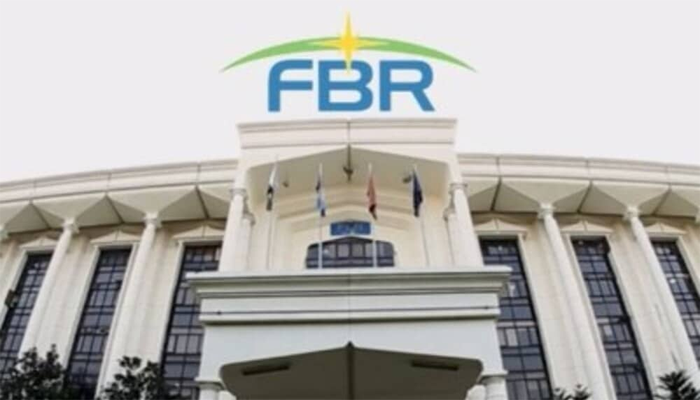ISLAMABAD: In a landmark move aimed at expanding Pakistan’s narrow tax base, the federal government has authorized the deployment of Federal Board of Revenue (FBR) officers at select business premises. This initiative is part of the Tax Laws (Amendment) Ordinance, 2025, and targets high-end sectors of the largely undocumented service industry.
The decision was taken following a high-level meeting chaired by Prime Minister Shehbaz Sharif, during which three significant legal and administrative amendments to tax laws were discussed. One of the core reforms includes the insertion of Section 175C, which empowers FBR officials to be stationed at business locations to oversee production, stock movement, services rendered, and supply chains.
According to officials, this measure is designed to tackle the pervasive underground economy—estimated to account for more than 30% of Pakistan's GDP—and bring services at par with manufacturing and trading sectors. Unlike traders who fall under Section 40B of the Sales Tax Act, the new provision specifically targets service-sector businesses that have historically remained under the radar of tax authorities.
Focus on High-Earning Undocumented Businesses
The service sector, which constitutes nearly 60% of the GDP, remains largely undocumented, with over 70% of enterprises reportedly unregistered. FBR’s new monitoring push aims to document high-revenue but under-reported businesses such as restaurants, hotels, clinics, hospitals, diagnostic labs, gyms, beauty salons, foreign exchange dealers, and event venues.
Reports indicate that some private hospitals charge as much as Rs100,000 to Rs200,000 per day for inpatient rooms—rates surpassing five-star hotels—yet many understate their earnings or evade taxes altogether.
The government insists that these monitoring efforts will be transparent and governed by strict Standard Operating Procedures (SOPs). Officers assigned to business premises will operate under documented protocols and oversight mechanisms to prevent abuse of power. The deployment of these officers will also involve coordination with other regulatory bodies to ensure accountability and prevent harassment.
PM’s Reform Agenda and Digital Oversight
Prime Minister Shehbaz Sharif emphasized that these amendments aim to ease the burden on the salaried class and documented manufacturers, who have long borne the brunt of tax collection. He stated that broader documentation of the service sector could eventually make room for lowering personal income tax rates on salaried individuals.
According to a statement issued by the Prime Minister’s Office, the amendments to the Income Tax Ordinance and Federal Excise Act are designed to facilitate tax compliance without penalizing honest taxpayers. The premier also ordered fast-tracked action against tax evasion, under-invoicing, and the sale of illicit goods such as smuggled cigarettes.
He was briefed on efforts to implement a digital track-and-trace system across key industries including tobacco, cement, poultry, sugar, and beverages. Authorities noted that video monitoring has already exposed irregularities in several sectors, while new enforcement powers have been transferred to provincial governments to curb the spread of illicit goods.
Other Key Amendments
Two other crucial amendments introduced in the ordinance include changes to Sections 138(3A) and 140(6A) of the Income Tax Ordinance. These allow for the immediate collection of confirmed tax demands even if a stay is granted or an appeal is pending—provided the case has been conclusively decided by the Supreme Court or High Courts. The government says this change addresses a long-standing legal loophole that delayed revenue collection, costing the state billions.
A third amendment formalizes and regulates visits by FBR officers to private businesses engaged in taxable activities. All visits must now be backed by a bar-coded authorization letter and are subject to digital and civil intelligence oversight. Field officers are required to record proceedings using mobile devices, and the data is submitted electronically and in hard copy to FBR headquarters.
Business Community Pushback
The move, however, has faced criticism from the business community. Mohammad Jawed Bilwani, chief of the Karachi Chamber of Commerce and Industry (KCCI), warned that making disputed tax demands recoverable despite court relief could undermine the rule of law.
Similarly, Mian Abuzar Shad of the Lahore Chamber of Commerce and Industry (LCCI) decried the lack of consultation with stakeholders. “These amendments are dangerous and anti-business. We demand their immediate withdrawal or a thorough parliamentary review,” he said.
Despite resistance, the government appears firm in its stance that broadening the tax base is essential to securing sustainable revenues and reducing dependence on international loans.

